- 9890288011/9403407269
- connect@forrest-india.org
- Pune, India
FORREST focuses on forest conservation both directly and indirectly.We work for empowerment of the local community, education and awareness to ensure the conservation efforts sustain. These efforts broaden base of public support for biodiversity conservation.
i) Biodiversity Conservation
The ecological stability, resilience, and adaptive capacities of forests depend strongly on their biodiversity. Initiative includes research on ecology and biodiversity to facilitate planning and conservation. Participatory approach involving all stakeholders is the focus of these efforts.
ii) Human Wildlife Conflict: Finding Solutions
FORREST seek sustainable solutions for peaceful co-existence of Human and wildlife. For solutions, to be sustainable, they should be local and consider both humans and wildlife behavior and needs. Such solutions will improve wildlife conservation status and minimize conflict.


FORREST works on habitat restoration of degraded or disturbed ecosystems to recover its health and sustainability.
Habitat restoration pertains to restoration of degraded land to its original form, the help of forestry. Forests on degraded land will not only provide above mentioned services but will add value to the land.
For habitat restoration through forestry local community must be involved, to ensure the sustainability of the project. Thus, conservation awareness and education with the immediate community is an essential part of the habitat restoration.
We work on growing Forests with Miyawaki forest growing technique. The Miyawaki method of afforestation involves planting native trees, to reclaim degraded land to forest.
FORREST perceives Ecosystem management as a tool to promote sustainable usage of natural resources to support biodiversity conservation and can address challenge of habitat fragmentation.
Ecosystem assessment and evaluation will lead to include ecosystem services in the planning and which will lead to sustainable management of ecosystems.
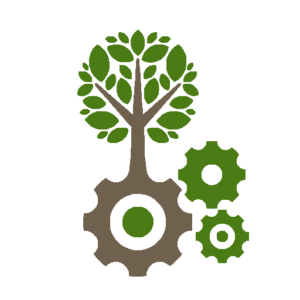
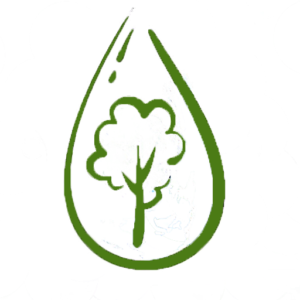
We work on water sustainability as a part of long-term conservation. We work with communities on participatory watershed development. It includes better water management practices and decentralization of water.
We work for generating consciousness & responsibility of the waste generation and management in the individuals of the target group. We work with every participant of the group one to one, for bringing attitudinal change towards waste management.
Environmental awareness, exposure to current scenario of waste, sensitization of target groups towards problems of waste disposal & capacity building for the solutions.
Main objective is to bring the perspective of” Our waste, Our Responsibility”, in the people.
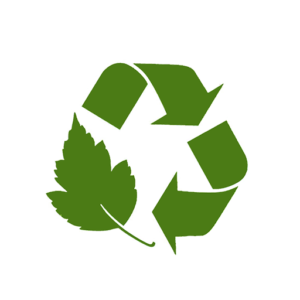

We work on Traditional Ecological knowledge (TEK) to help biodiversity and forest conservation efforts. TEK is also about sustainable use of natural resources. There exists a diversity of local or traditional practices for ecosystem management with accumulation, and transmission of knowledge. This can be helpful in climate change adaptations and critically important for forming forest and biodiversity management policies.
Conservation consciousness is about understanding, caring and working consciously towards environmental solutions.
It is about changing attitude and taking responsibility of the environmental problems. We work on creating this shift in consciousness and connect people back to nature.

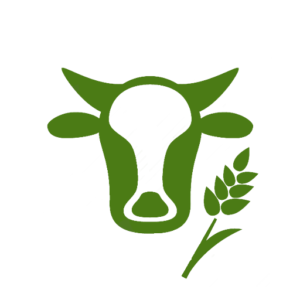
This is in context of every livelihood choice we make, be it how to manage waste, how much conserve water, how to conserve energy or care for other life forms.
It’s about decreasing individual’s footprint on earth.
We work for creating options for sustainable livelihood through capacity building, empowering and creating awareness.
Exploring alternative livelihood options is a conscious conservation effort which leads to long-term solutions.
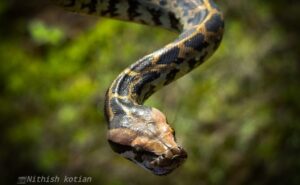
We plan to restore a forest of 20000 trees in the monsoon of July 2021! And we need your help to do that! Contribute saplings in Vruksh Khosh or donate Rs. 50 per sapling.